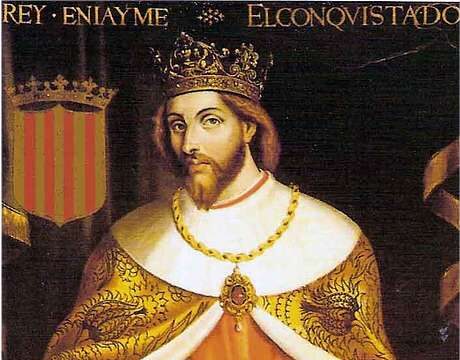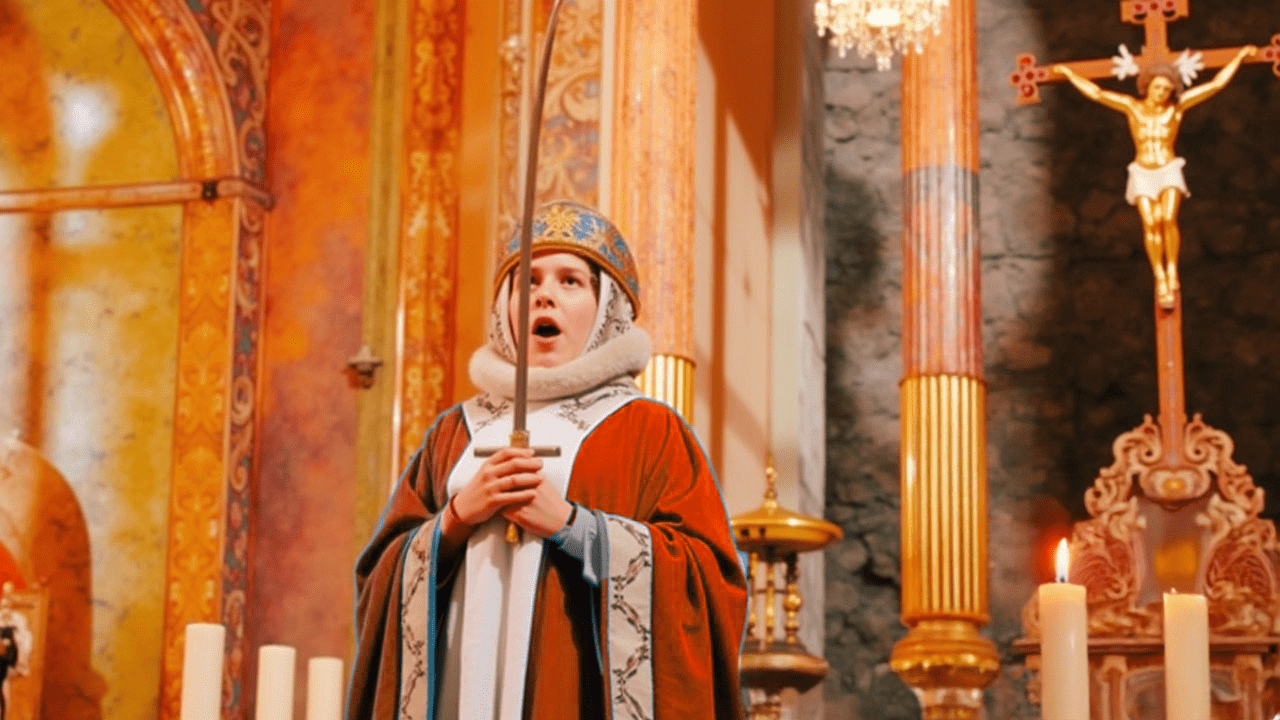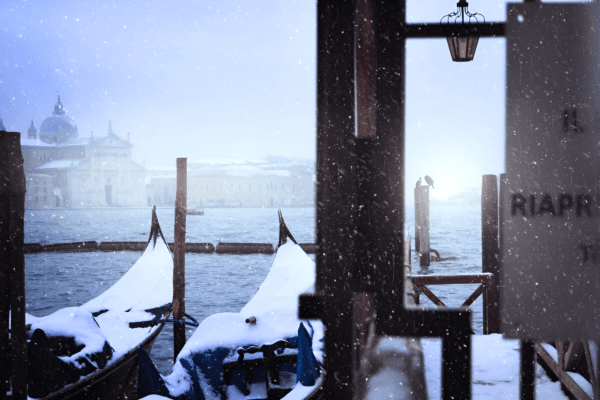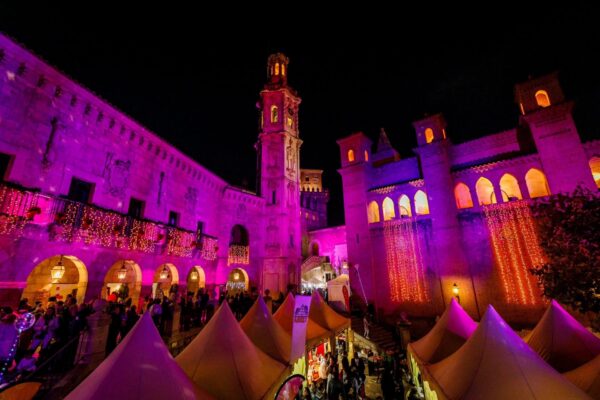Perhaps no other figure captures the turmoil, adventure and expansionist zeal of Medieval Europe than James I, the longest serving of any other Iberian monarch (1213 to 1276) and the first to ever write an autobiography of his deeds. His reign saw the combined Houses of Aragon and Barcelona surge forward into Languedoc, to the fabled Balearic Islands then under Islamic control, and then south to the greatest prize of all, the shimmering Kingdom of Valencia. Born in Montpellier, orphaned during the chaos of the war against the Cathars and raised by the Knights Templar, James went on to cement Aragonese and Catalan supremacy across the Mediterranean, eventually building a great kingdom where Christians, Jews, and Muslims – though often uneasy and wary neighbours – would eventually thrive together.
Born in 1208, as a child James was a pawn of Provencal politics, where his father, Peter II, fought alongside the Cathars against the Albigensian Crusaders. This was a time of flourishing troubadour culture, of tales of courtly love and romance in a world torn asunder by war and violence. After the untimely death of his father, as a child king James faced resistance from rebellious nobles until both sides came to terms in 1228. It was then time to set his sights outside his small kingdom – and James found the island of Mallorca impossible to resist.
On September 5, 1229, the young King set out with his nobles, a fleet of 155 ships, 1,500 cavalry and 15,000 soldiers from Tarragona, Salou, and Cambrils, in southern Catalonia. The local Almohads put up fierce resistance and the great city of Madina Mayurqa, now Palma, only fell on December 31 after a bloody and bitter siege. The population was put to the sword.
The conquest of Mallorca extended Christian dominion and opened avenues for trade and expansion in the Mediterranean. It also exemplified James’s ambition and determination to expand his realm, solidifying his legacy as a key figure in medieval European history. James was a patron of the arts and learning and his legacy as a statesman, warrior, and patron of culture solidified Aragon as a powerful and influential kingdom in medieval Europe. He was married four times, each marriage strategically arranged to strengthen alliances or secure territories.
After the island of Mallorca fell, the new lands were parcelled out among loyal knights in a pattern that was to be repeated throughout Spain’s Reconquista. In the wake of these warriors came churchmen, then merchants, many Jewish, who quickly turned Mallorca into a true Mediterranean emporium, and a rival to Barcelona.








